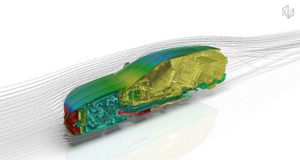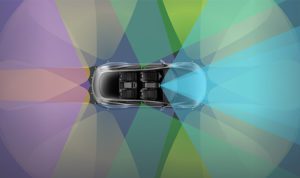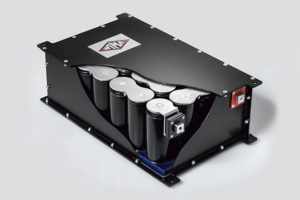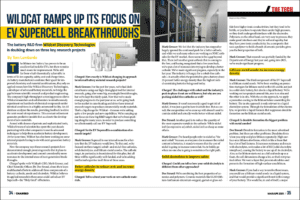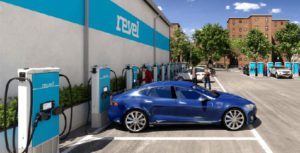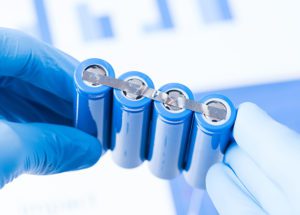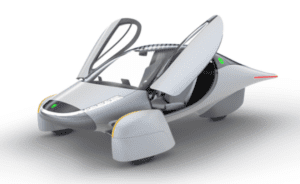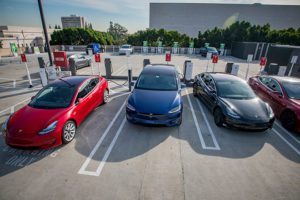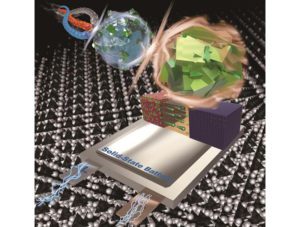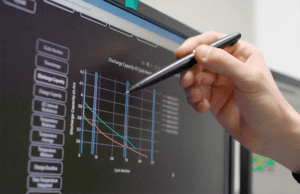Hexagon has adopted the Fugaku supercomputer to run complex CFD (computational fluid dynamics) simulations. The company’s Manufacturing Intelligence division is using the supercomputer to explore the performance of next-generation aircraft and EVs. Hexagon says its Cradle CFD customers will have the opportunity to tap into the ARM-based Fugaku computer architecture to perform complex simulations, such… Read more »
Search Results Found For: "super c"
Tesla creates ever-more powerful supercomputers to train neural nets for Autopilot
Tesla has its corporate fingers in quite a lot of cutting-edge technological pies. Its cars, solar panels and stationary storage systems are widely discussed, but it’s less well-known that the company is also a pioneer in the field of supercomputers. Tesla recently unveiled a new supercomputer, which it says is the fifth most powerful in… Read more »
Wevo potting compounds used in supercapacitors
WIMA, a maker of film capacitors, employs Wevo potting compounds in its supercapacitor PowerBlock—a cascaded, double-layer capacitor module whose capacitance, rated voltage and dimensions can be individually adapted to a desired application. This allows a range of mobility applications, such as engine starter modules in large construction and agricultural machinery, ships, locomotives, trams and buses,… Read more »
Wildcat ramps up its focus on EV Supercell breakthroughs
The lithium-ion battery has proven to be an excellent fuel tank for EVs, but there remains much room for improvement. We’re still far from what’s theoretically achievable in terms of Li-ion capacity, safety, cost and charge times. As battery manufacturers continue their quest for improved chemistry and material combinations, they rely on applied researchers like… Read more »
Fast charging Superhub in Brooklyn will be the first of several across NYC
If urban drivers who lack garages or assigned parking spaces are to go electric, some sort of easily accessible public charging infrastructure will need to be developed. One proposed solution is a network of local “superhubs” of DC fast chargers. Electric transportation company Revel is building just such a Superhub at the historic former Pfizer… Read more »
Researchers claim their graphene “SuperBattery” achieves a 15-second charging time
Skeleton Technologies and the Karlsruhe Institute of Technology (KIT) say they have developed a graphene-based battery with a 15-second charging time, as well as charging cycles counted in the hundreds of thousands. The so-called SuperBattery’s key component is Skeleton’s patented Curved Graphene carbon material, which enables the high power and long lifetime of ultracapacitors to… Read more »
Aptera finalizes design, is ready to build super-efficient EV
Most EV startups are either following the Tesla template—aiming to produce a high-performance luxury vehicle—or targeting the money-spinning pickup truck segment. Aptera Motors is taking a very different path. The reincarnated automaker’s goal is to create the world’s most efficient vehicle—an EV with as much as 1,000 miles of range. Now the San Diego-based company… Read more »
Pasadena’s Marengo Charging Plaza has 24 Tesla Superchargers and 20 Tritium 50 kW fast chargers
The city of Pasadena, California has unveiled what it claims is the largest public DC fast charging location in the US. The Marengo Charging Plaza, located on the rooftop level of a public parking garage, has 24 Tesla Superchargers and 20 Tritium 50 kW DC fast chargers. Parking customers can pay for charging using the… Read more »
New Li-ion superconductor could lead to safer batteries
Researchers from the Korea Institute of Science and Technology (KIST) claim to have developed a sulfide-based superionic conductor—a material with high ion transport properties corresponding to ion conductivity of 10 to 100 mS/cm at room temperature—that can be used as a high-performance solid electrolyte in all-solid-state batteries. All-solid-state battery technology could solve the safety issues… Read more »
New machine-learning method could supercharge EV battery development
Battery performance can make or break the EV experience, from driving range to charging time to the lifetime of the car. A team led by Stanford Professors Stefano Ermon and William Chueh has developed a machine-learning algorithm that could lead to longer-lasting, faster-charging batteries. For decades, advances in EV batteries have been limited by evaluation… Read more »




